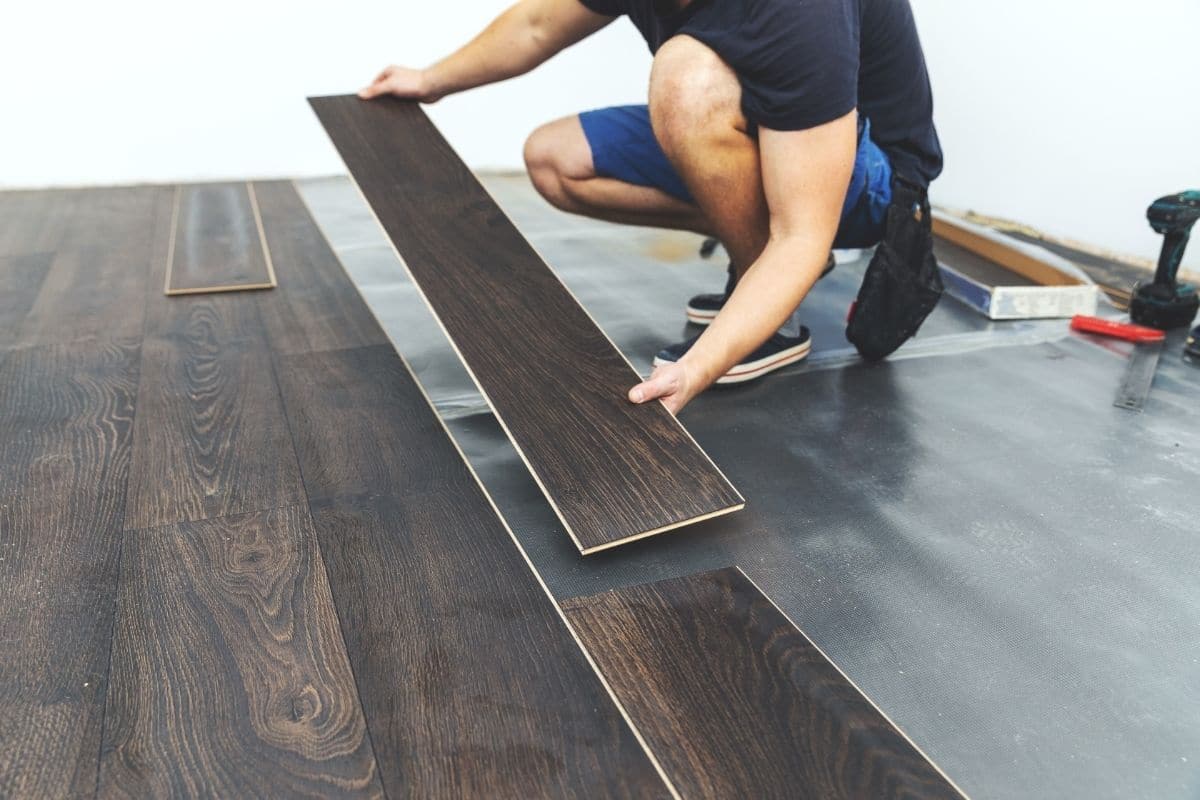Whether you work full-time at home or occasionally need to conduct business in the evenings or on the weekends, a home office a great way to utilize an extra room. A dedicated workspace in your home can be designed to increase productivity and comfort. Here are 5 ideas to get you started.
Invest In A Good Office Chair
Investing in an ergonomic office chair is essential. You may be spending anywhere from 30 to 50 hours a week sitting in it, so your back will thank you. Purchasing one with multiple adjustments is ideal so it fits you just right.
Switch Out Your Lighting
Fluorescent lighting has been proven to be hard on the eyes. Make the switch to LED or halogen light bulbs in your home office and try to let in as much natural light as possible. Also, consider finding a desk lamp to reduce headaches and eye strain.

Keep Essentials In Reach And Organized
Nothing says productivity like a clean, neat workspace. Select a desk with a lot of storage or install creative shelving to keep items like pens, pencils, extra batteries, calculators, notepads, and more stored within arm’s reach.
Decorate Bright
Pick a color you love and use it to spice up the room. Use cheery yellow or red or relaxing tones like green and blue, instead of beiges and browns.
Aim For The View
If possible, place your desk so you are facing a window instead of a blank wall. Natural light can do wonders for staying alert and you can give yourself a short mental break when necessary by looking to the outdoors.















